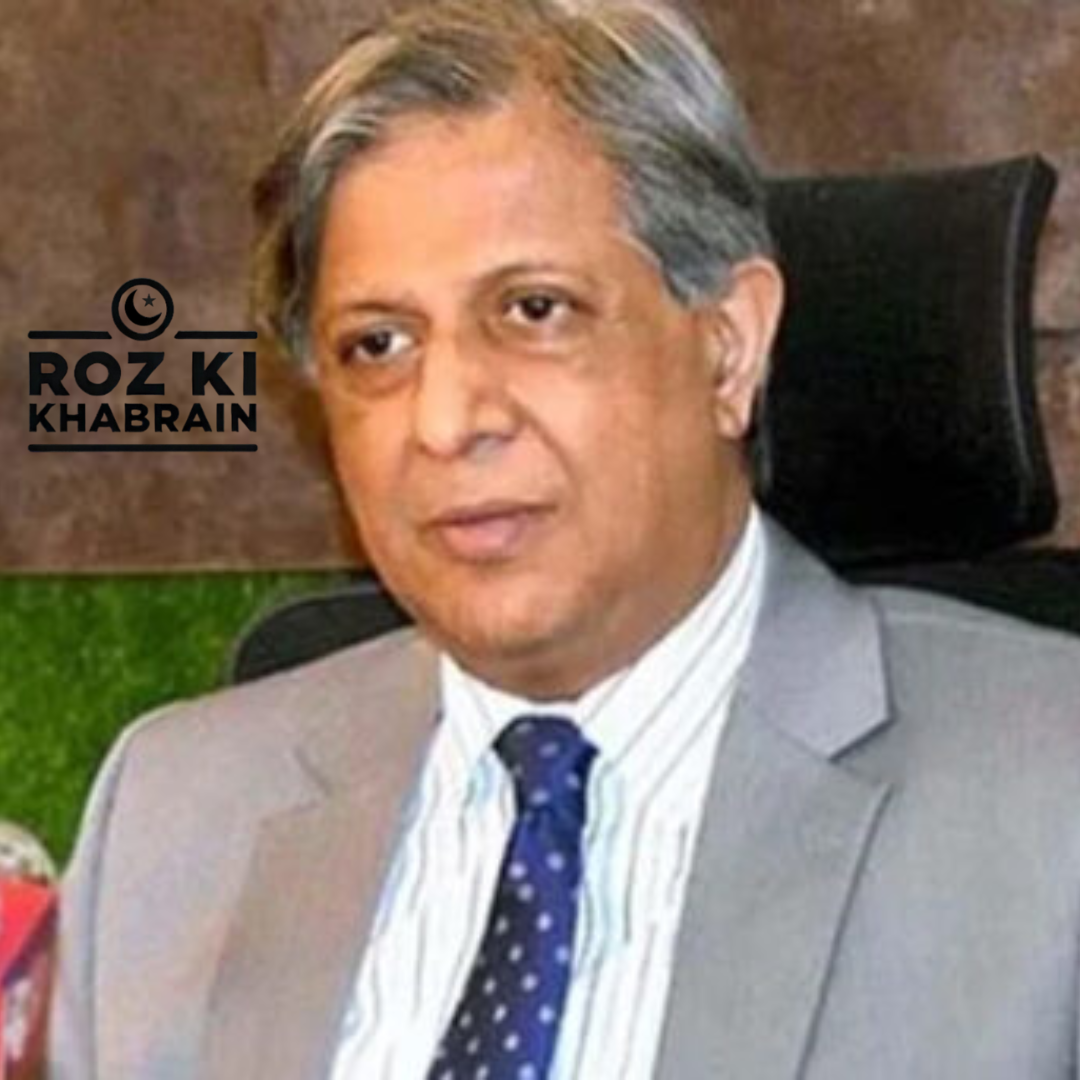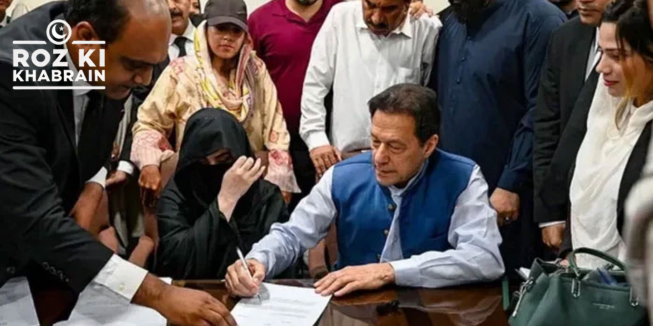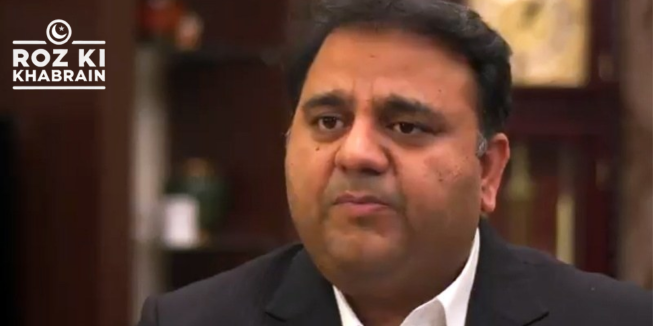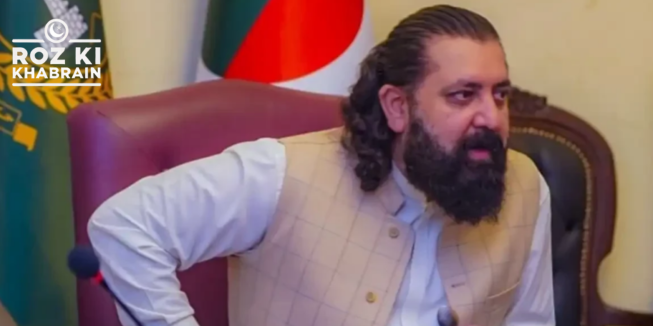ISLAMABAD: At a key session of the country’s legal community discussing the controversial constitutional amendments proposed by the coalition government, Federal Law Minister Azam Nazeer Tarar on Wednesday advocated for the establishment of a separate constitutional court in line with global practices.
Tarar also sought input from lawyers on whether the retirement age for judges should be set at 65 or 68 years.
Addressing the lawyers after an in-camera session of the Pakistan Bar Council (PBC) and the Supreme Court Bar Association (SCBA), Tarar reviewed the proposed constitutional changes. These amendments are challenging for the coalition government to pass in parliament due to a lack of a two-thirds majority.
The proposed amendments reportedly include extending the tenure of Chief Justice of Pakistan (CJP) Qazi Faez Isa, who is set to retire in October, as well as adjusting the retirement age for judges.
The event was attended by key legal figures, including SCBA President Shahzad Shaukat, PBC Vice Chairman Farooq H Naek, Law Minister Tarar, and senior lawyers.
Tarar explained that the “constitutional amendments’ package” currently in circulation is merely a draft and cannot be considered a government bill until approved by the cabinet.
He emphasized the need for a constitutional court to better reflect the federation’s interests, stating, “There should be a constitutional court in which we see the glimpse of the federation.”
He outlined that a constitutional amendment must be approved by the cabinet before being presented to parliament, where it requires a two-thirds majority to pass.
Tarar clarified that the Pakistan Muslim League-Nawaz (PML-N) is part of a coalition government, not ruling independently. He noted that the “constitutional package” is part of the “Charter of Democracy” signed in 2006 by PML-N and its major ally, the Pakistan Peoples Party (PPP), which also called for judicial reforms.
Discussions with PPP from January to March focused on judiciary-centric reforms and constitutional amendments, aiming to fulfill the “Charter of Democracy” agenda.
Tarar acknowledged the judiciary’s history of facing criticism and advocating for rights, urging lawyers to form committees and submit recommendations on judges’ retirement age.
Defending the government’s position, Tarar assured that the proposed constitutional amendments would ensure representation of the federation’s units and argued for the establishment of a separate constitutional court, noting its adoption by various countries worldwide.
SCBA President Shahzad Shaukat criticized the government for not consulting with lawyers’ organizations before finalizing the constitutional package. In response, Tarar noted that he had already shared four key points from the judicial package.
PBC Vice Chairman Farooq H Naek pointed out that constitutional amendments should reflect public aspirations and mentioned that constitutional courts are operational in Western democracies, as well as in Russia, Thailand, and Indonesia. He urged the legal community to evaluate the impact of such a model on judicial independence and to collaborate on recommendations for the proposed constitutional court, including its composition and judges’ appointment procedures.
Two days prior, the government had announced that the amendments were “postponed indefinitely” after Jamiat Ulema-e-Islam-Fazl (JUI-F) chief Maulana Fazlur Rehman refused to support the legislation. Additionally, the Pakistan Tehreek-e-Insaf (PTI) has strongly opposed the package, labeling it as individual-specific legislation.
To pass the constitutional amendments, the government is currently 13 votes short in the National Assembly and nine votes short in the Senate.
Opposition parties, including PTI and JUI-F, have criticized the government for keeping the contents of the amendments secret and have called for the original draft to be presented in parliament for debate before approval.




